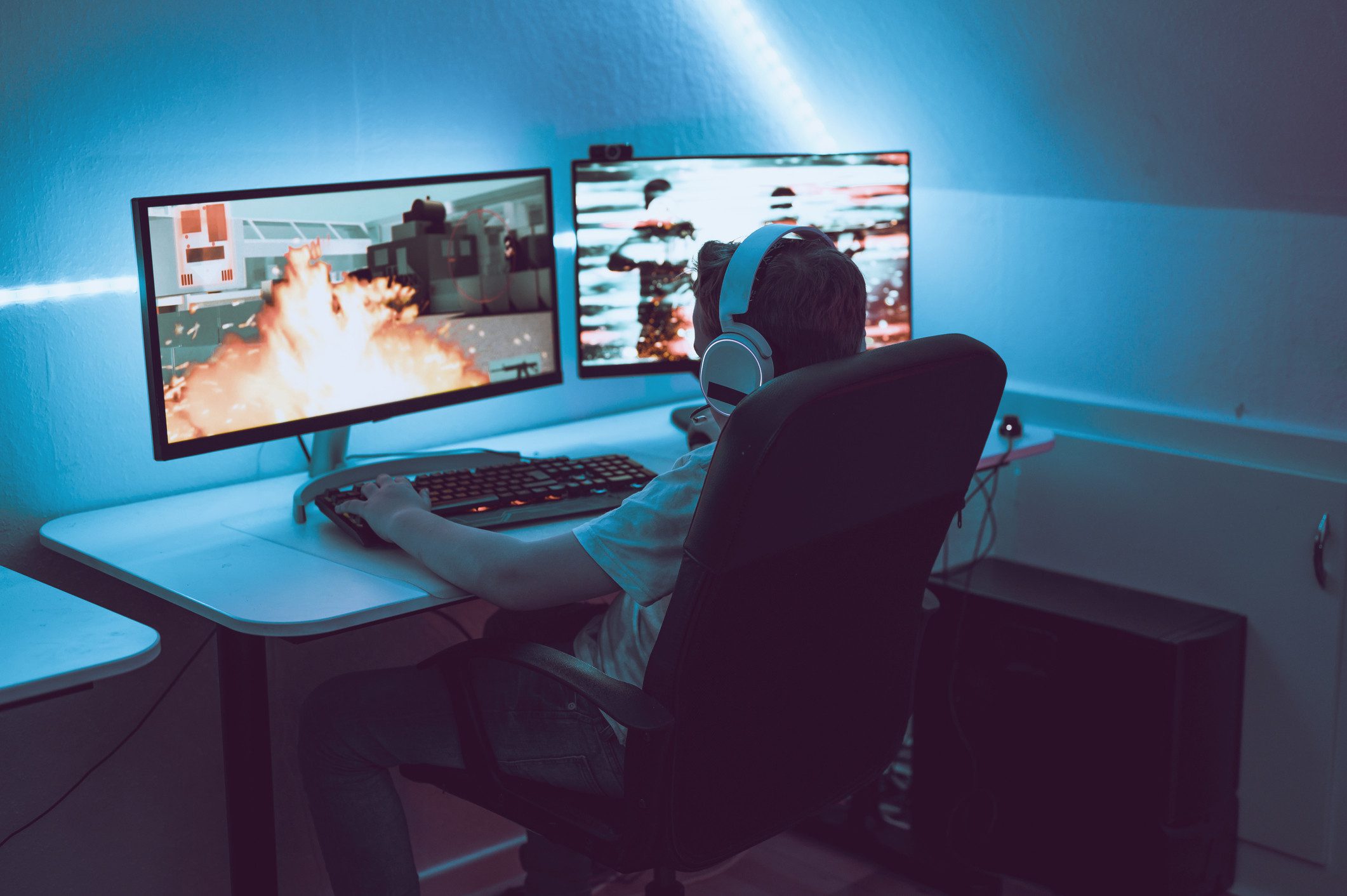Video gaming, often seen as a source of addiction and antisocial behavior has its own significant set of benefits that affects our mental health positively. It can help reduce anxiety and stress levels, improve cognitive skills, creativity, and decision-making abilities, help manage depression and physical pain, improve resilience and hand-eye coordination, and promote a sense of achievement and self-esteem. Multiplayer games or those requiring collaboration can aid in developing social skills, communication, teamwork, and problem-solving abilities, among others. The therapeutic use of video games is also being promoted to help individuals with mental disorders where gaming can serve as a safe environment to work through their issues and develop their coping mechanisms.
1. Gaming Can Reduce Stress and Anxiety
Playing video games can be a great way to unwind and relax after a long day. Studies have shown that playing video games can reduce levels of stress and anxiety in players. By playing a game, you can get lost in a world that’s different from your own, allowing you to forget about your problems for a while.
2. Gaming Can Improve Cognitive Skills
Video games can also help improve cognitive skills such as memory, attention, and spatial recognition. Certain games require players to use multiple areas of the brain simultaneously, which can strengthen neural pathways and improve overall brain function.
3. Gaming Can Increase Creativity
Many video games allow players to express their creativity by allowing them to customize characters or create their own levels. These types of games can inspire players to think creatively and outside of the box, which can have a positive impact on their overall creativity.
4. Gaming Can Boost Social Skills
Multiplayer games or games that require players to work together can have a positive impact on social skills. These types of games can help players develop communication, teamwork, and problem-solving skills that they can then apply in real-life situations.
5. Gaming Can Improve Decision-Making Skills
Many video games require players to think quickly and make decisions on the spot. This can help improve decision-making skills and allow players to become more comfortable in high-pressure situations.
6. Gaming Can Help with Depression
Playing video games can help with depression by providing a distraction from negative thoughts and emotions. Games can also provide a sense of accomplishment and achievement, which can help boost mood and self-esteem.
7. Gaming Can Improve Hand-Eye Coordination
Many video games require precision and quick reflexes. Playing these types of games can improve hand-eye coordination, which can have a positive impact on overall cognitive function.
8. Gaming Can Help with Pain Management
Playing video games can help distract from physical pain by allowing players to focus their attention on the game rather than their discomfort. This can be particularly helpful for individuals with chronic pain.
9. Gaming Can Increase Resilience
Many video games require players to fail and try again multiple times before succeeding. This can help develop resilience and the ability to bounce back from failure, which is a crucial skill in both personal and professional situations.
10. Gaming Can Be a Form of Therapy
Many therapists are now using video games as a form of therapy for individuals with mental health disorders such as anxiety, depression, and PTSD. Gaming can provide a safe and controlled environment to work through issues and develop coping skills.
Overall, gaming can have a positive impact on mental health by providing stress relief, cognitive and creative stimulation, social interaction, and more. As with any activity, moderation is key, but the benefits of gaming should be recognized and celebrated.
